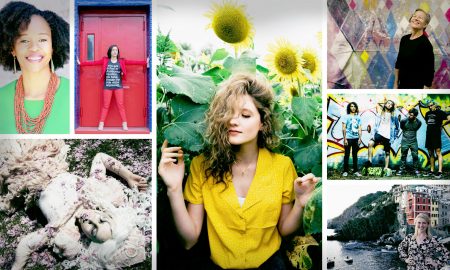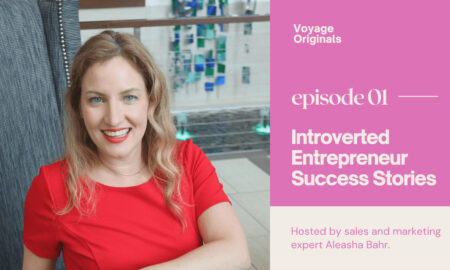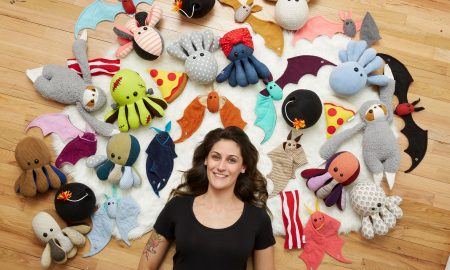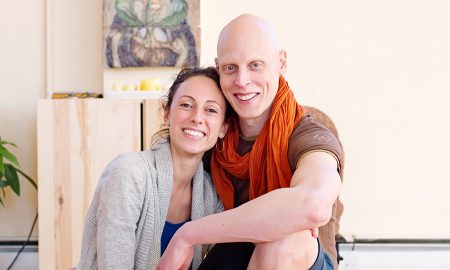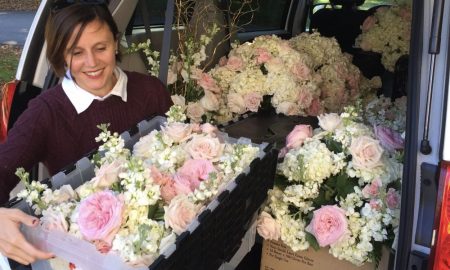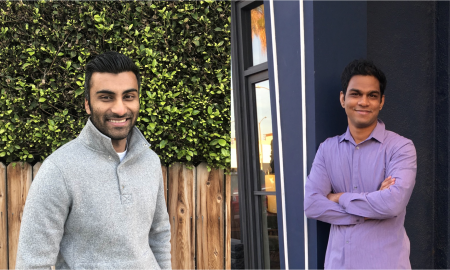

Today we’d like to introduce you to Lindsey Kittredge.
So, before we jump into specific questions about the business, why don’t you give us some details about you and your story.
Shooting Touch was founded by my husband and me back in 2007. Both of us have a love for sports and recognize what sport can do for children and so wanted to use that in some way. I was even a collegiate athlete and so I felt the power of sport first hand. When my husband was working for Reebok, he took a trip to Italy where he ran into Chris Clunie (former director of international basketball operations and current athletic director at Davidson).
Chris was on a fellowship program through Davidson where he received $25,000 to travel and implement some sort of programming where he felt it was needed and to report back what he learned from it. He chose to build basketball courts, organize practices and games, and study they way kids improved physically and socially through it all. My husband Justin came home and basically said: “we have to do this” and so we did. We had a fundraiser event and all the money we raised went directly to one kid, Tome Barros, and he traveled to Brazil to do just what Chris had done.
We set up another fundraiser the next year and managed to send our next fellow, Leah Westbrooks, to Africa where she spent time in Zimbabwe and South Africa. In our 3rd year running, our model was catching eyes and we were able to fundraise enough to send to fellows abroad. They both chose Rwanda and to work together. They fell in love with the place. We were also impacting so many kids in rural Rwanda, with so little, and saw some potential here. We sat down and mapped it out; we wanted our programming to be effective and we wanted it to be sustainable, so we chose to stay in Rwanda- an impoverished place that needed the power of sport.
Since establishing in Rwanda in 2012, we have transformed Shooting Touch to more than just youth development through sport regarding mentorship, teamwork, confidence, etc. but into a sport for development model addressing health and well-being. We have an 8 part health curriculum, we hold basketball health awareness events twice a year, we do health testings, we supply health insurance to all of our participants, we promote gender equity through class sessions and family days, and we are the only organized youth basketball league in the country. We work with over 1,000 youth and even 350 women across 4 villages in Eastern Rwanda.
Justin and I realized we wanted to do this in our own backyard, in Boston, as well, and so started Getting Girls In The Game (G3) in Dorchester to help underprivileged girls in development as well. We hold practices, organize AAU teams for our girls to compete on the weekends, we set up college visits and events with partners such as the BPD to keep the girls on a good track in life and we have health education sessions for these girls as well. We focus on what the community needs most and so in Rwanda, while our youth and women learn about Malaria prevention and HIV, G3 girls in Boston are learning about nutrition and mental health.
Overall, has it been relatively smooth? If not, what were some of the struggles along the way?
It’s been a learning experience and stressful at times. Funding is never guaranteed in this line of work. We have a small staff of 4 full-time workers and we do the most we can with the money we have. It hasn’t been a smooth road but when we see the impact we are making, we know the bumps are all worth it.
Please tell us about Shooting Touch.
We are known for our unique sport-for-development model where we use basketball to teach health education. A lot of organizations out there are just sport or just health- our combination has helped us stand out and be super effective in attracting people to jump on board with us. I’m most proud of how far we have come.
There was so much skepticism on whether not this would work. We literally gave all of our money away the first year to a recently graduated kid. We have come so far in the structure of our organization as well as the legitimacy of what we are accomplishing. We have worked so unbelievably hard to be where we are today and the communities and lives we are changing for the better say it all.
If you had to go back in time and start over, would you have done anything differently?
I wouldn’t have changed much. It’s tough to say I wanted this or that because you can’t do much without the funding.
Ideally, I would have wanted more minds on the job, but without enough money to hire, that’s tough. In my situation, I would have to say: Developed a strategic plan earlier.
Contact Info:
- Address: 65 Sprague street East building Second floor Boston, MA 02136
- Website: shootingtouch.com
- Phone: 6179087703
- Email: lkittredge@shootingtouch.com
- Instagram: https://www.instagram.com/shootingtouch/
- Facebook: https://www.facebook.com/shooting.touch/
- Twitter: https://twitter.com/shootingtouch?lang=en
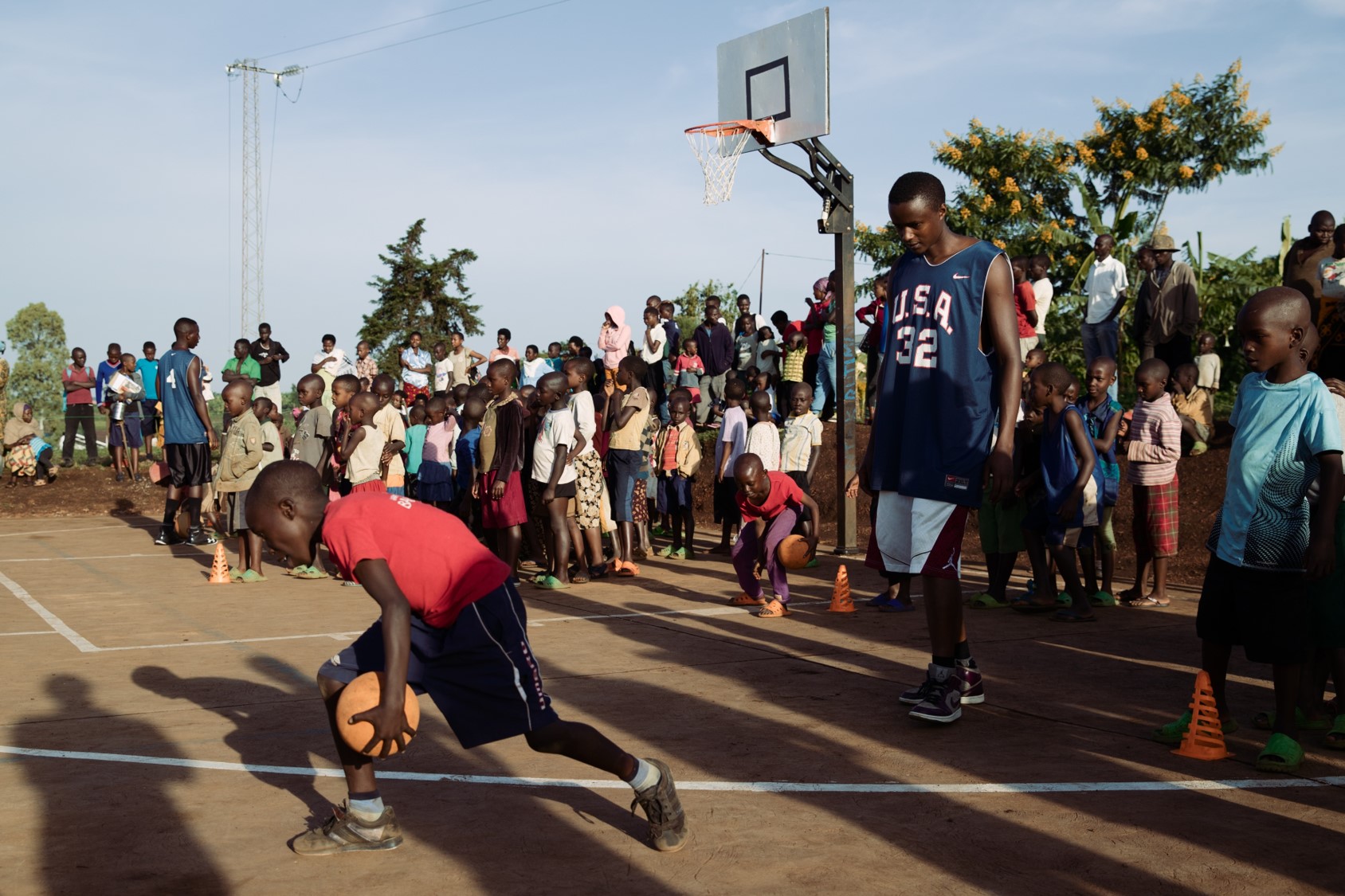
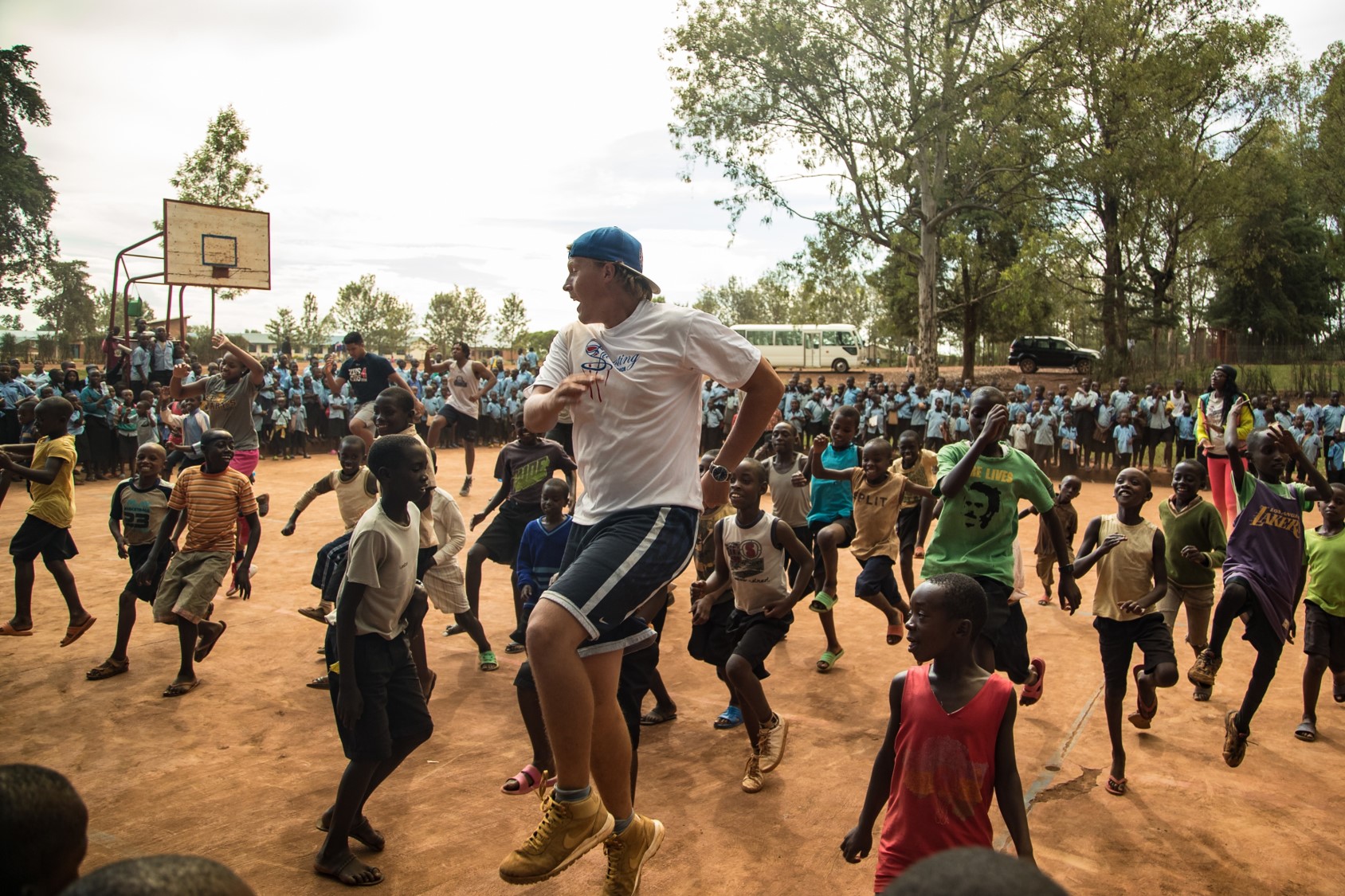
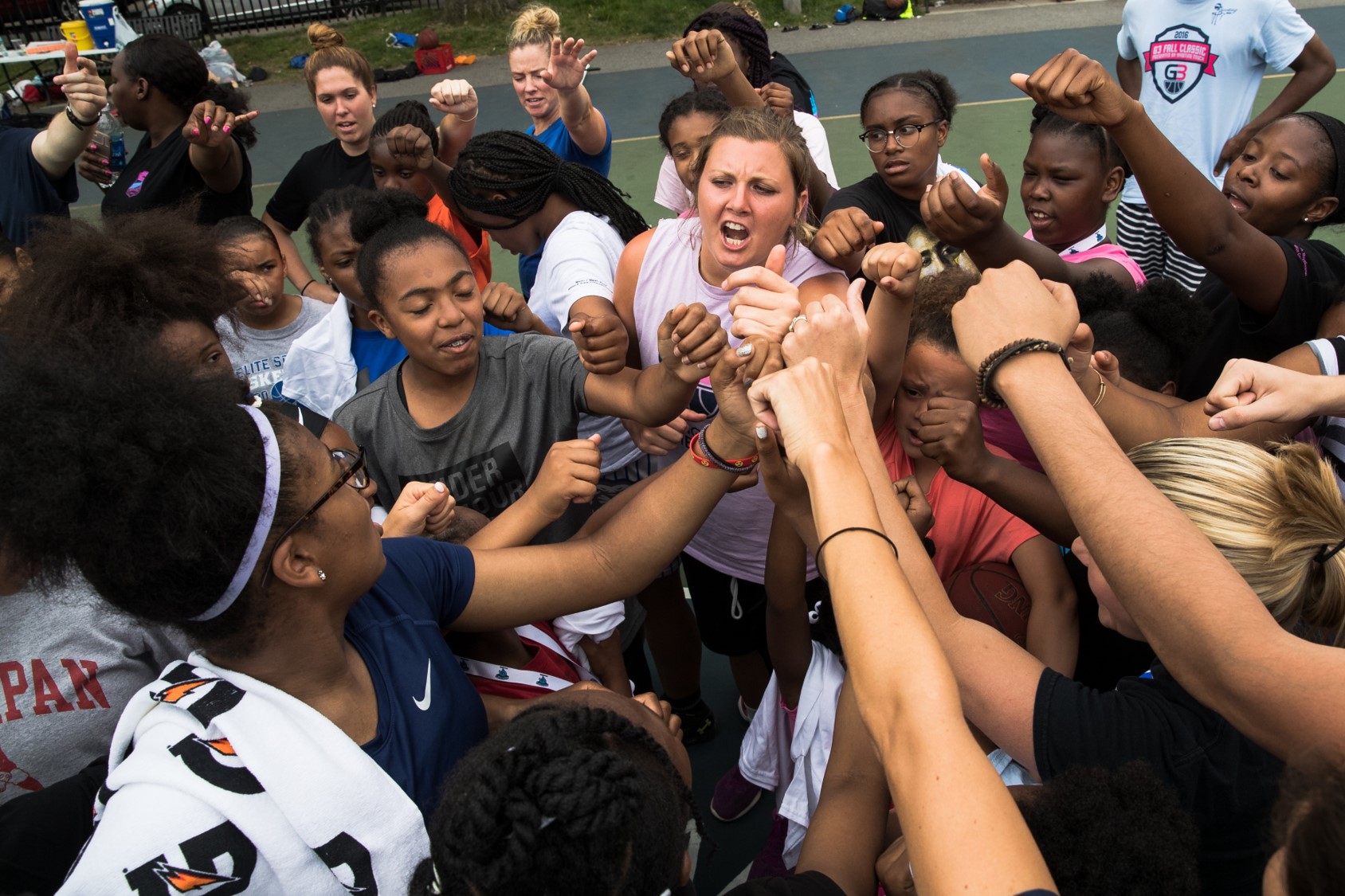
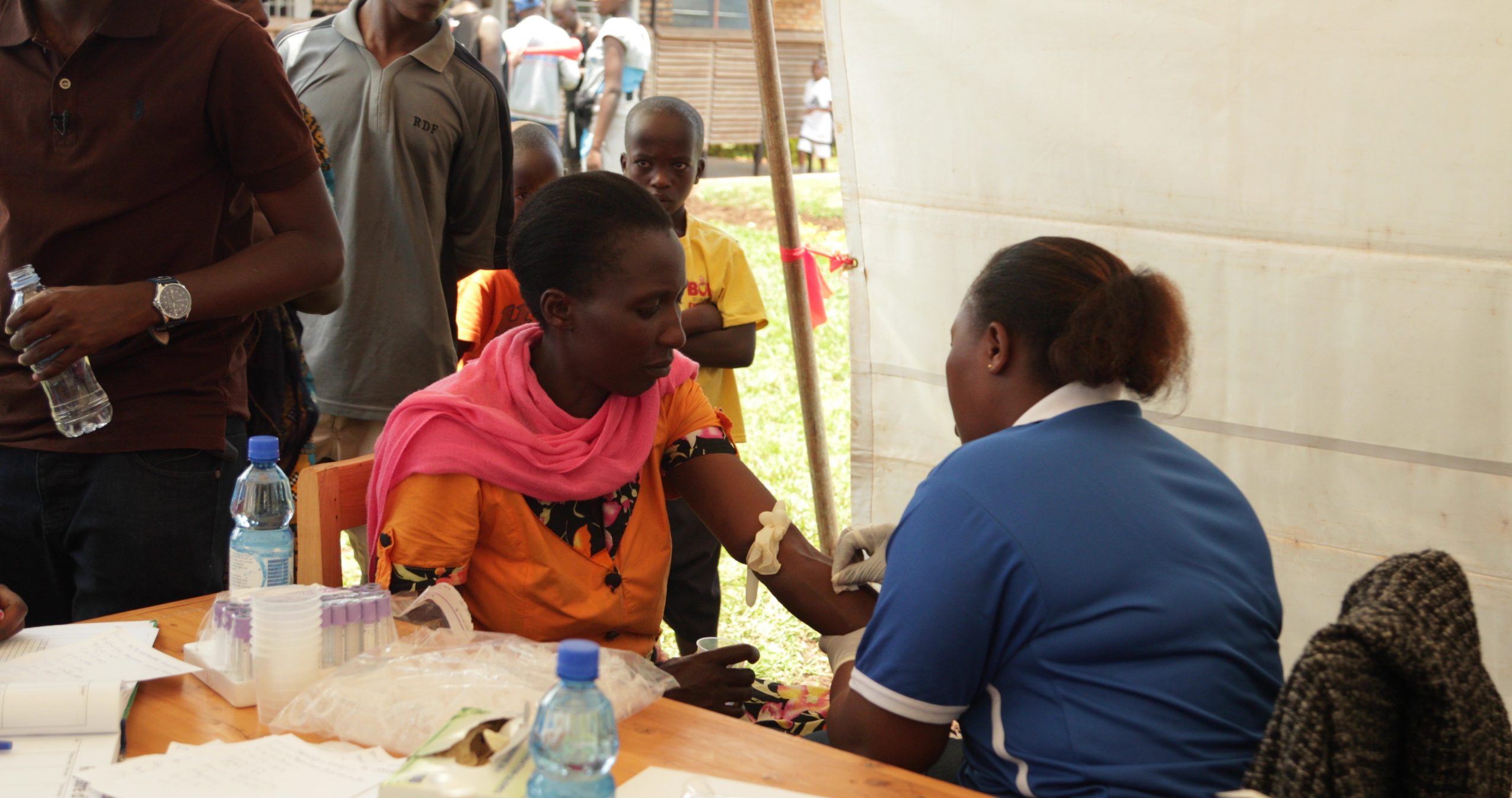
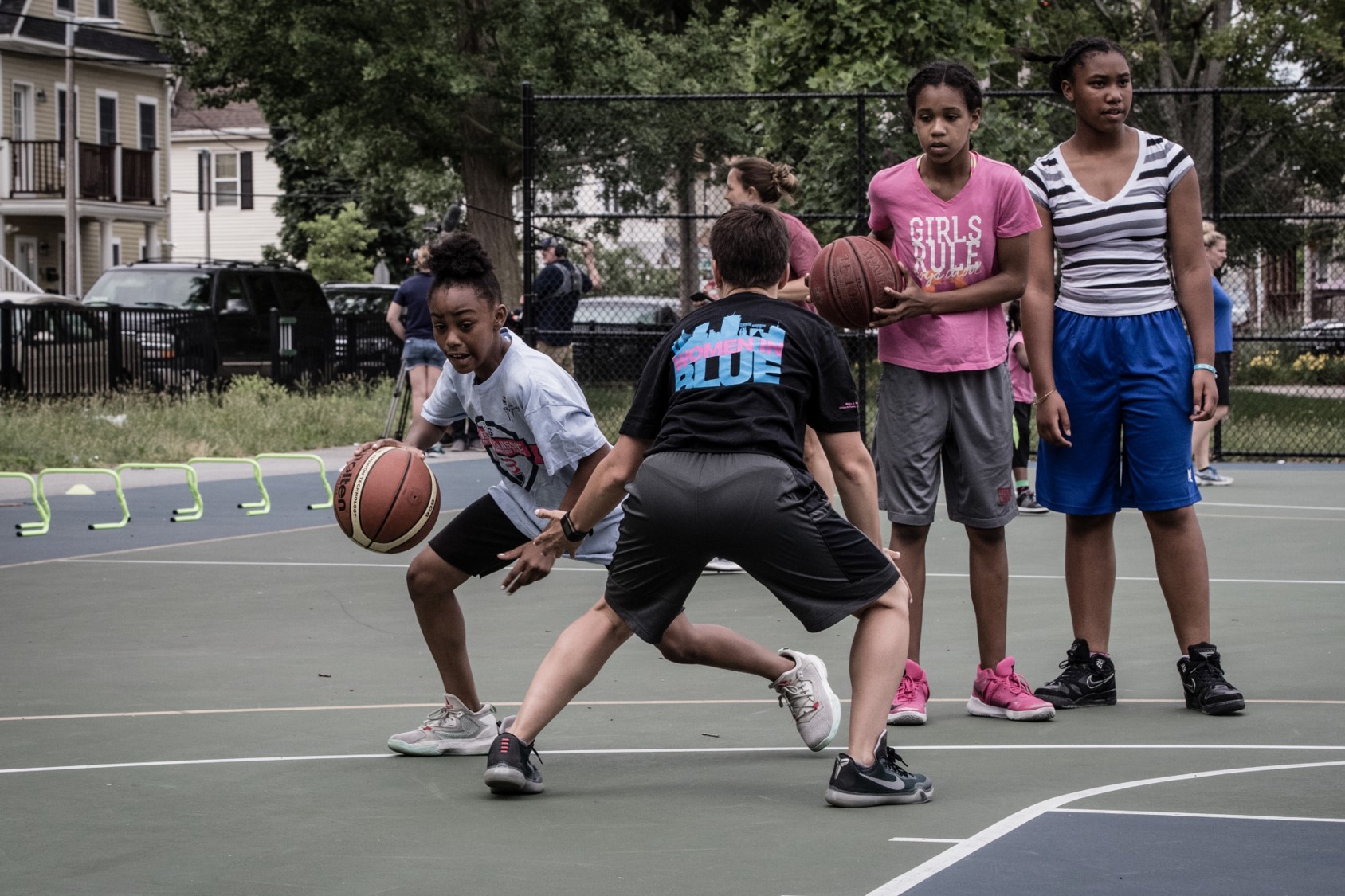
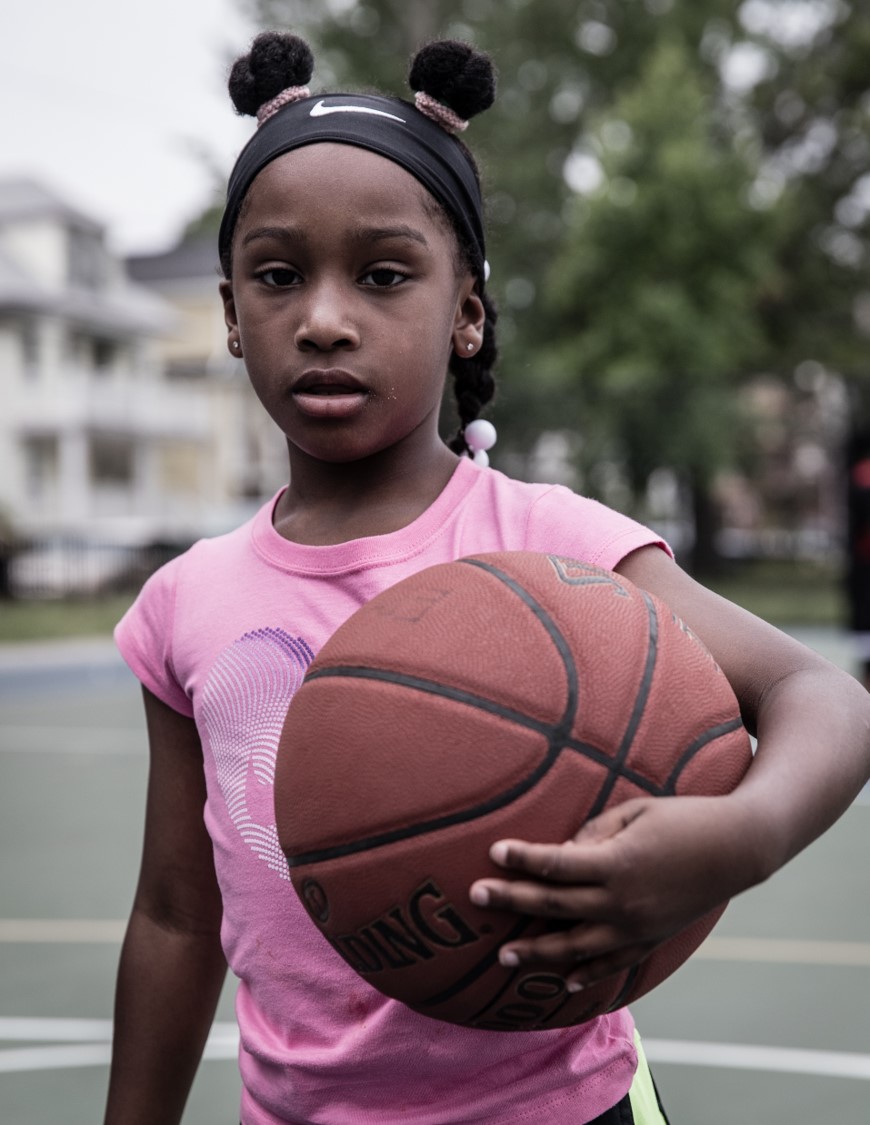
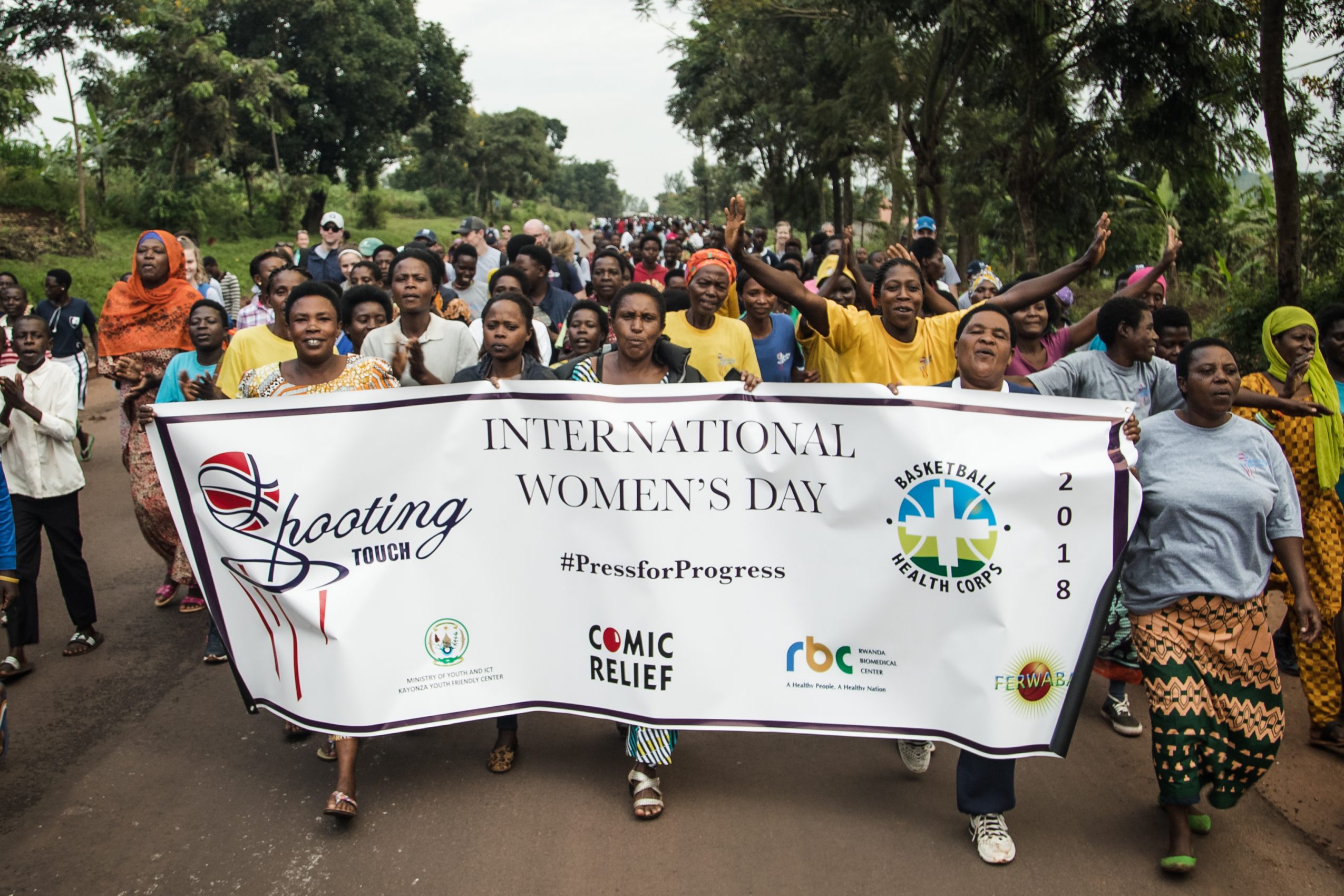 Image Credit:
Image Credit:
Chris Cardoza
Getting in touch: BostonVoyager is built on recommendations from the community; it’s how we uncover hidden gems, so if you know someone who deserves recognition please let us know here.

